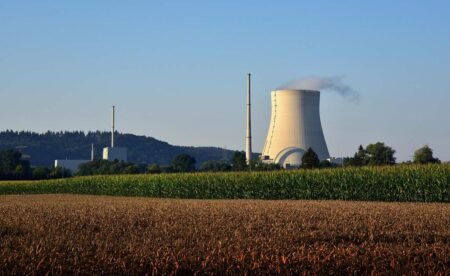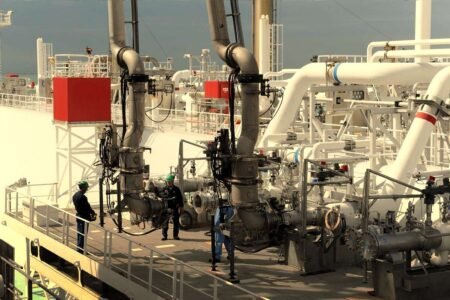Directive 2010/31/EU is new legislation from the EU which regulates how energy efficient all new buildings and renovations must be.
Directive 2002/91/EC to significantly increase the energy efficiency ambitions in EU buildings. Buildings account for 40% of total energy consumption in the EU and because this sector is expanding, it is bound to increase its energy consumption. Therefore in accordance to the EUs 20/20/20 strategy to lower energy use and promote renewables, it has introduced this legislation to reduce energy consumption and the use of energy from renewable sources in the buildings sector.
Who Will It Affect?
The Directive itself is very much aimed at individual countries but once implemented it will affect everyone involved in the construction of new buildings.
Improving Energy Performance of Buildings
The new Directive promotes the improvement of the energy performance of buildings within the whole EU, taking into account outdoor climatic and local conditions, as well as indoor climate requirements and cost-effectiveness. It lays down a framework on how to calculate performance and achieve the minimum requirements, with the ultimate goal of ensure all new buildings are net zero energy consumers by 2020.
The main features of the new Directive are as follows:
- Nearly zero-energy buildings (Article 9)
By 31 December 2020, all new buildings must be nearly zero-energy building (new buildings occupied and owned by public authorities have until 31 December 2018). Achieving this can be done by installing a range of energy efficient measures (listed in Annex 1), any energy that is required should be covered significantly by renewable sources produced on site or nearby.
- Leading role for the public sector (Article 9)
The Directive explicitly states that the public sector should take a leading role in any new builds. An energy performance certificate must be issued for:
(a) Buildings or building units which are constructed, sold or rented out to a new tenant
(b) Buildings where a total useful floor area over 500 m 2 is occupied by a public authority and frequently visited by the public (this threshold will be lowered to 250m on 9 July 2015).
- Setting of minimum energy performance requirements (Article 4)
Each country will set minimum energy performance requirements for buildings with a view to achieving cost-optimal levels and working towards the zero-energy standard. A country shall not be required to set minimum energy performance requirements which are not cost-effective over the estimated lifecycle of a building. The Directive lays out various conditions on how minimum performance is achieved.
- Major renovation (Article 7)
When buildings undergo major renovation, the energy performance of the building or the renovated part thereof must be upgraded in order to meet minimum energy performance requirements set in so far as this is technically, functionally and economically feasible.
- Regular inspections of heating and air-conditioning systems (Articles 14 & 15)
There must be a regular inspection of the accessible parts of air-conditioning systems of an effective rated output of more than 12 kW. The inspection shall include an assessment of the air-conditioning efficiency and the sizing compared to the cooling requirements of the building
There must also be a regular inspection of the accessible parts of systems used for heating buildings, such as the heat generator, control system and circulation pump(s), with boilers of an effective rated output for space heating purposes of more than 20 kW. That inspection shall include an assessment of the boiler efficiency and the boiler sizing compared with the heating requirements of the building.
- Independent control systems for energy performance certificates and inspection reports (Article 18)
There must be established independent control systems for energy performance certificates and reports on the inspection of heating and air-conditioning systems (in accordance with Annex II). Countries may establish separate systems for the control of energy performance certificates and for the control of reports on the inspection of heating and air-conditioning systems.
Implementation
Generally each EU country will have to adopt the new Directive by 9th of July 2012 (certain provisions have later deadlines). Private projects do not have to be zero-rated until 31 December 2020, in the intervening period any new buildings will only have to be cost-effective over its lifecycle.







